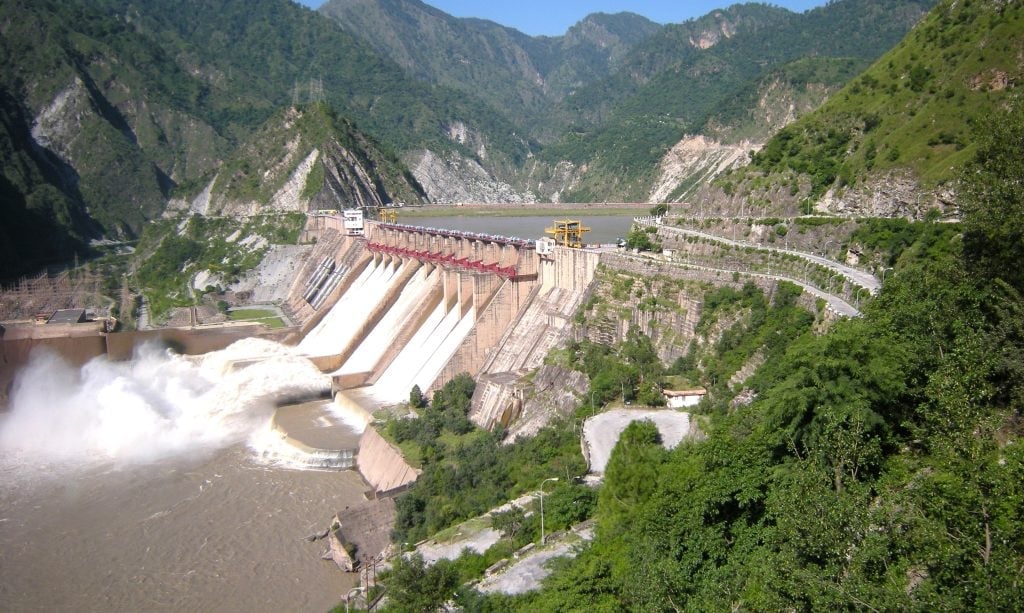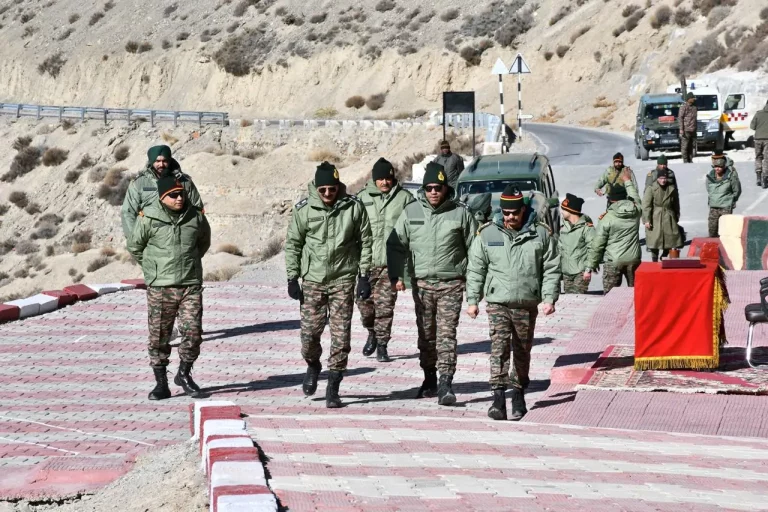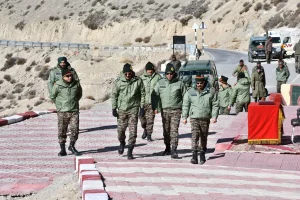In a bold escalation of tensions between India and Pakistan, India has taken decisive action by halting the flow of water from the Chenab River to Pakistan, closing all gates of the Salal Dam located in Reasi district of Jammu & Kashmir. This move follows India’s formal suspension of the Indus Waters Treaty, initiated on April 23, 2025, in response to a devastating terror attack in Pahalgam that resulted in the deaths of 26 tourists — an incident India attributes to militants based in Pakistan.
The Chenab River is one of three key western rivers designated to Pakistan under the 1960 Indus Waters Treaty, a framework that has allowed for water-sharing between the two nations amid decades of conflict and diplomatic strife. India’s recent decision adds to a prior action in March 2025, during which it diverted water from the Ravi River away from Pakistani territories.
For Pakistan, the implications of India’s latest action are dire. The country heavily depends on the Chenab River for irrigation, particularly crucial during the Kharif agricultural season. The abrupt stoppage of water flow threatens to wreak havoc on Pakistan’s agricultural sector, exacerbating existing food shortages and economic instability. Experts predict that millions of Pakistanis may face severe food insecurity as a result.
The local populace in Reasi has responded positively to the Indian government’s move. Some residents feel that it is a justified response to the attack in Pahalgam, echoing sentiments of national security and the need for a strong stance against perceived threats. However, concerns have been raised by both residents and environmental specialists regarding the potential risks of flooding in Jammu & Kashmir if water stored in the dam is suddenly released, especially with the monsoon season approaching.
Environmental advocates are also expressing alarm over the ecological repercussions of such water management decisions. The Chenab Valley is situated in a seismically active area, already hosting over 70 hydroelectric projects, with an additional seven currently under construction. Significant alterations in the river’s flow could induce ecological imbalances detrimental to both human populations and local wildlife.
Condemnation from Pakistan has been swift, with officials decrying the move as a violation of international law and calling for global intervention. A senior Pakistani government official characterized the situation as a “dangerous provocation,” emphasizing that it jeopardizes the livelihoods of millions. The Pakistani government’s concerns echo longstanding fears of India weaponizing water resources, a contentious issue that has shaped the bilateral relationship for decades.
Internationally, the World Bank—one of the signatories and mediators of the original treaty—faces increasing pressure to intervene in the escalating water conflict. Analysts caution that this latest development could have extensive consequences not only for stability in South Asia but also for broader global diplomatic efforts.
As the situation unfolds, the ongoing water dispute between India and Pakistan highlights the intricate link between natural resources, geopolitics, and national security, casting a shadow over the region’s future.















